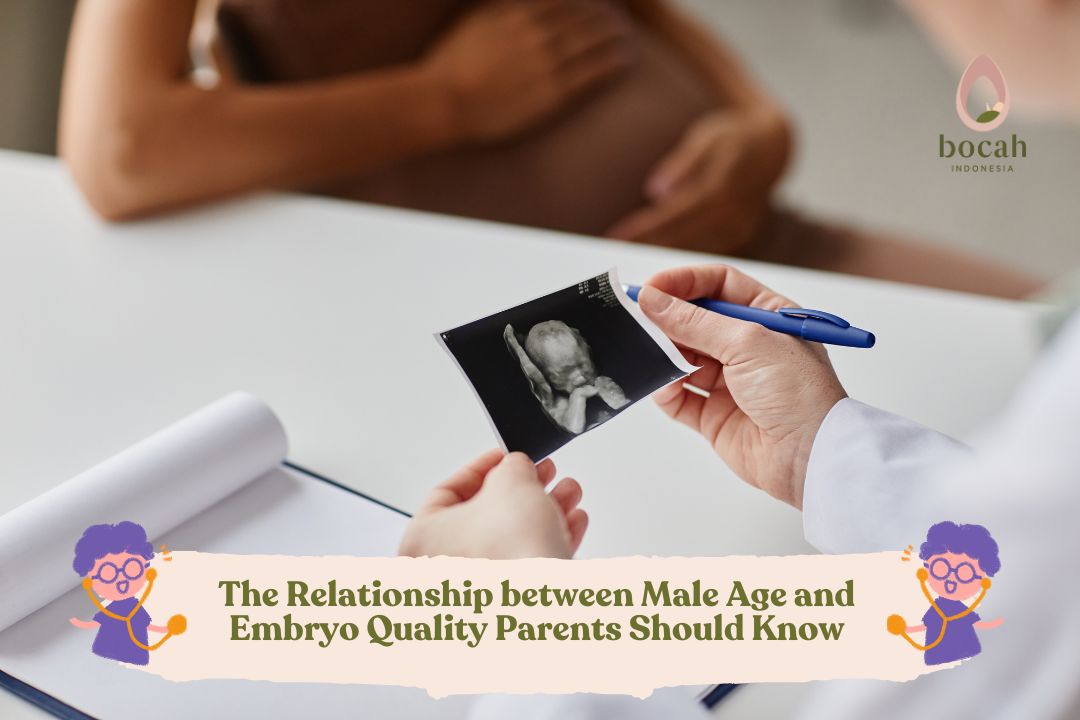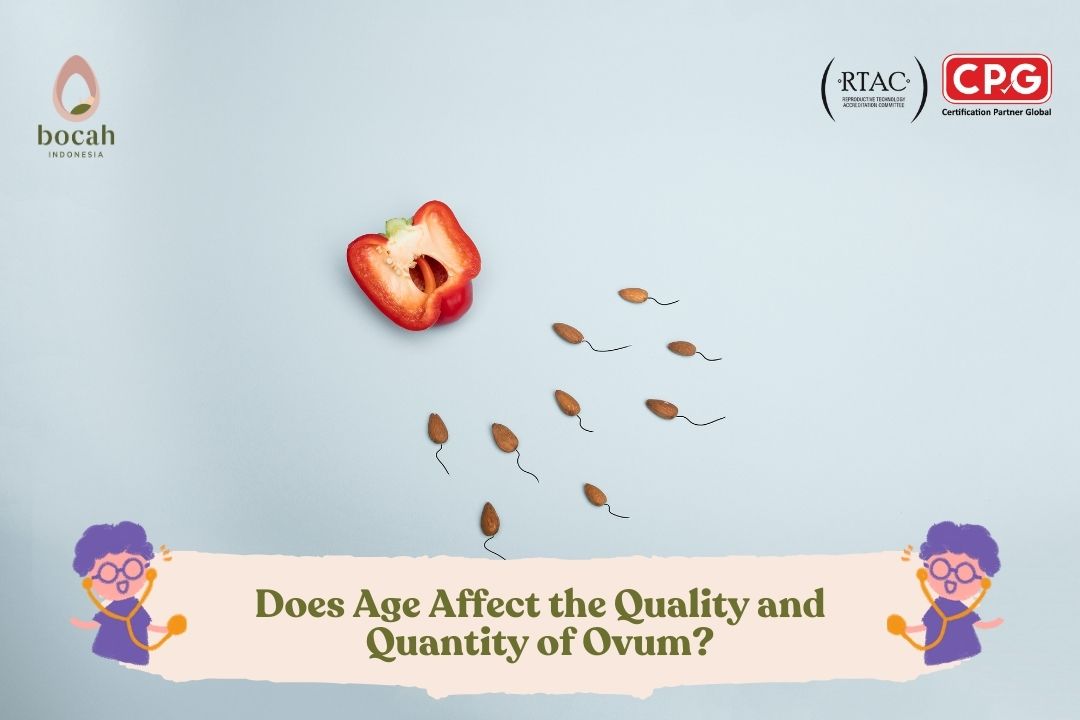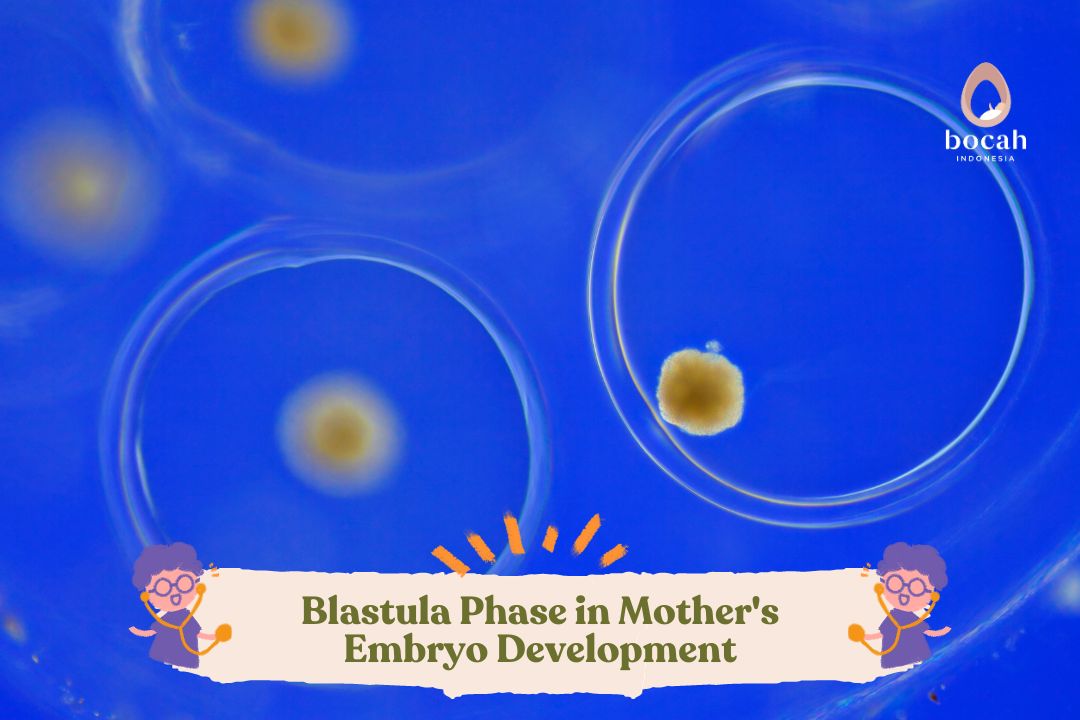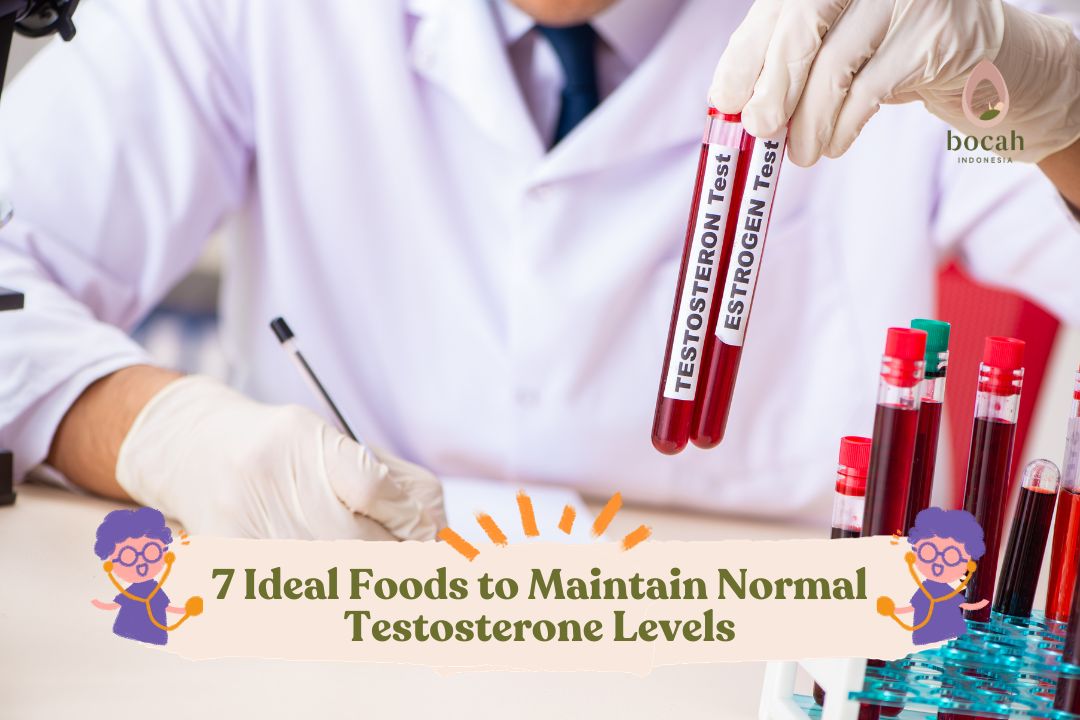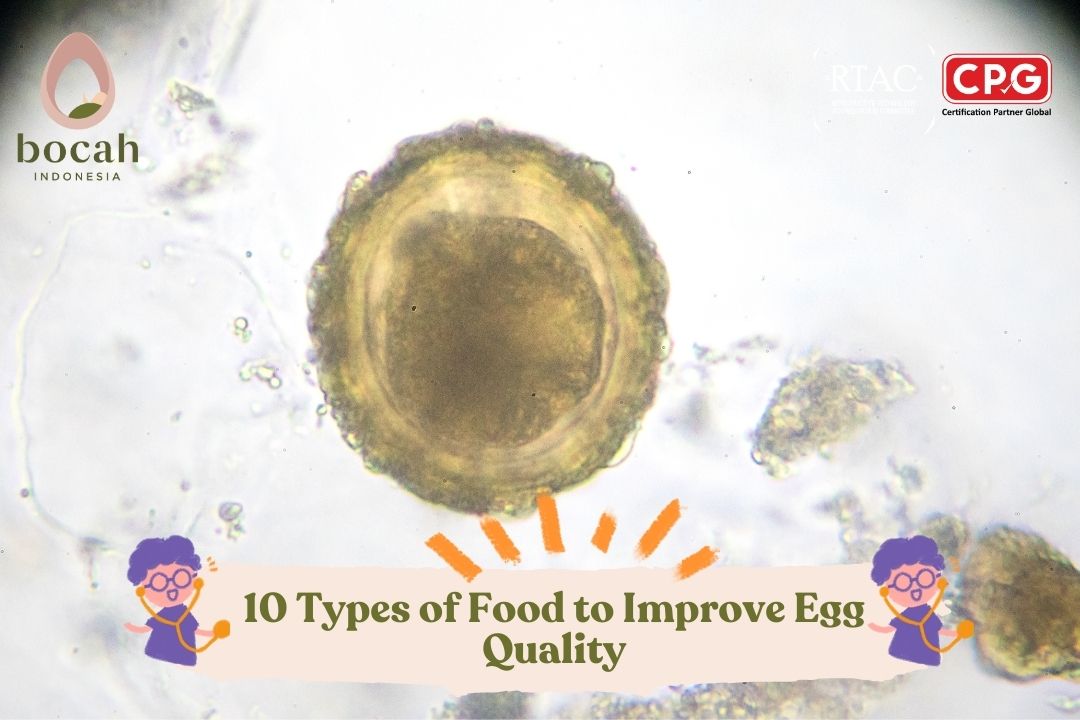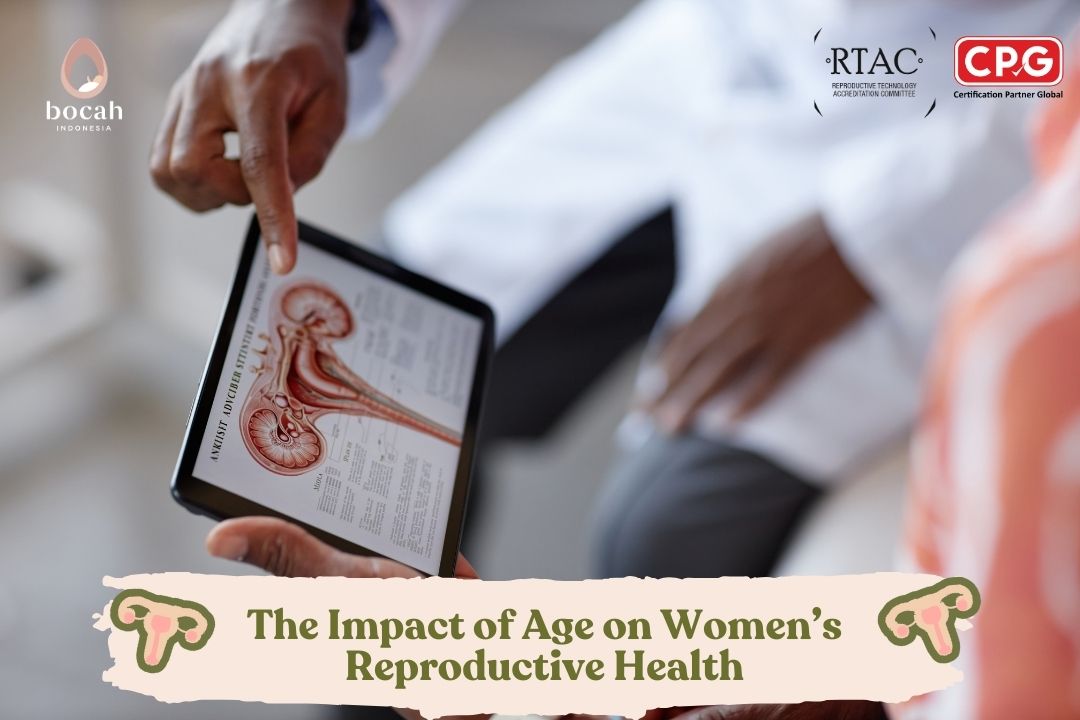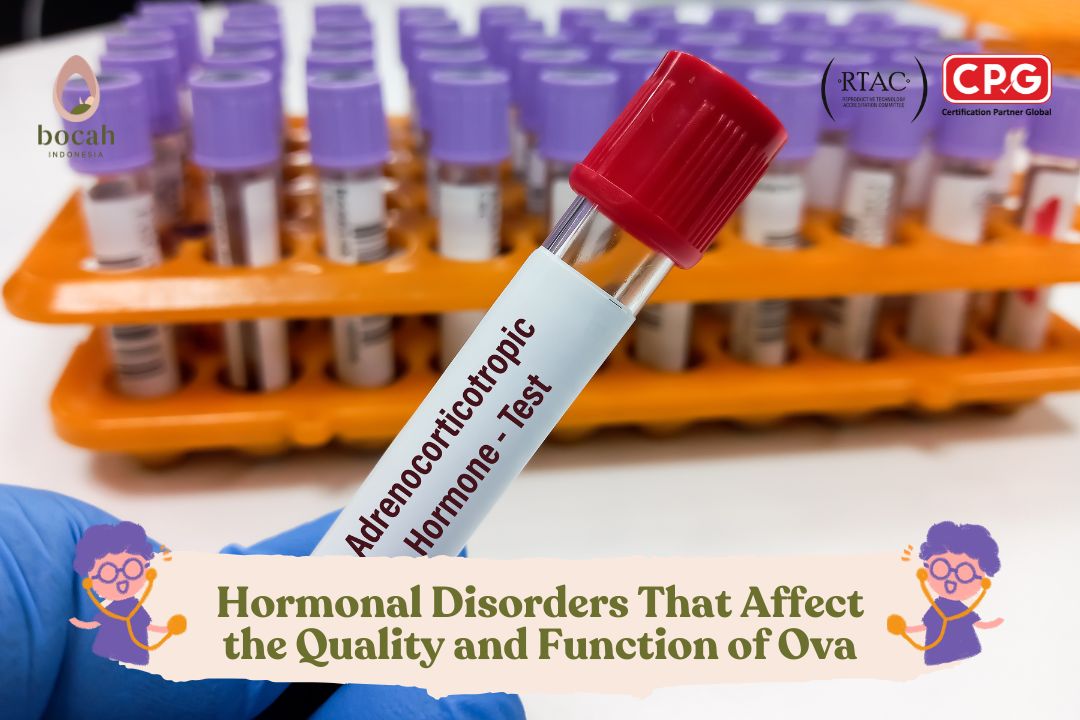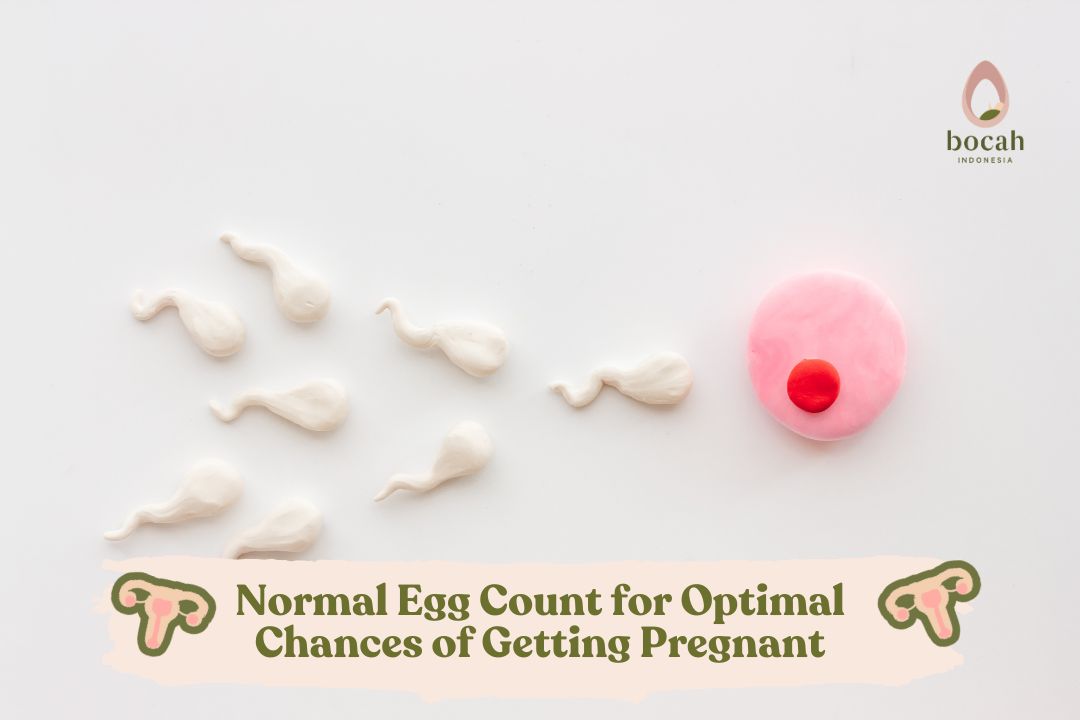How to Maintain Egg Quality at an Advanced Maternal Age
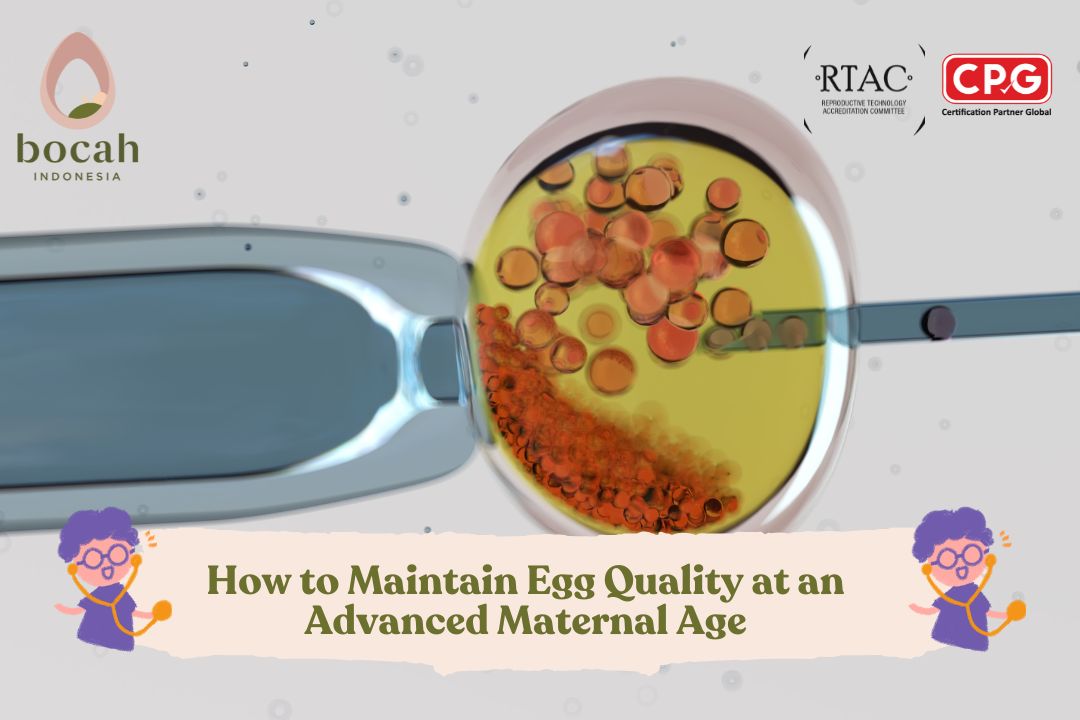
Even as you grow older, maintaining the quality of your eggs remains crucial. Learn how you can still increase your chances of conceiving at a more mature age.
While a woman’s age may increase over time, it does not necessarily mean her chances of having children are lost. Although egg quality naturally declines with age, proper care can help preserve fertility and keep the possibility of pregnancy open.
Certain medical treatments and therapies can also assist in optimizing fertility, even for women at a later reproductive age. Let’s explore how you can maintain the quality of your eggs as you get older.
Why Egg Quality Matters
Egg quality is one of the most critical factors influencing a woman’s fertility. Healthy eggs are more likely to be fertilized and develop into a healthy pregnancy.
However, both the quality and quantity of eggs decrease naturally with age. By around age 30, egg quality begins to decline, and this decline becomes more pronounced after age 35. As a result, the chance of conceiving naturally decreases since the eggs produced may not be optimal.
Mulai Journey of Hope
In addition to declining quality, the number of eggs also diminishes with age. After age 35, the ovaries begin producing fewer eggs, leading to irregular menstrual cycles and poorer egg quality.
Poor egg quality also increases the risk of miscarriage or chromosomal abnormalities, such as Down Syndrome. That’s why preserving egg quality is essential—especially for couples trying to conceive later in life.
Tips for Maintaining Egg Quality at an Older Age
Keeping your eggs healthy as you get older can be challenging, but it is far from impossible. If you’re planning a pregnancy later in life, here are several ways to support egg quality:
1. Watch Your Diet
A nutritious diet plays a vital role in supporting egg health. Eat foods rich in antioxidants, such as colorful fruits and vegetables, which help protect eggs from damage caused by free radicals. Make sure to consume enough folic acid as it is essential for fertility.
2. Maintain a Healthy Weight
Being overweight or underweight can disrupt hormone production necessary for ovulation. Maintaining an ideal body weight helps regulate menstrual cycles and supports optimal egg quality.
3. Manage Stress
Chronic stress can interfere with hormonal balance and negatively affect egg quality. It’s important to manage stress through activities like meditation, yoga, or other relaxation techniques. A healthy mind supports a healthy reproductive system.
4. Exercise Regularly
Moderate physical activity improves blood flow to reproductive organs and keeps the body healthy. However, avoid overexercising, as it can disrupt hormonal balance and egg quality.
5. Consult a Doctor
Regular checkups with a doctor or fertility specialist are essential. They can monitor reproductive health and recommend supplements or treatments to support egg quality.
Consider Egg Freezing
If you’re planning to conceive at an older age (especially over 40), you might consider egg freezing while your eggs are still at their best quality—typically between your 20s and early 30s.
This method allows you to freeze your healthiest eggs for future use, increasing the chance of a successful pregnancy and a healthy baby when you’re ready.
Be Aware of Pregnancy Risks at an Older Age
Pregnancy after age 40 carries a higher risk of complications. Women may be more prone to conditions such as gestational diabetes, hypertension, preeclampsia, placenta previa, IUGR (intrauterine growth restriction), or premature rupture of membranes. These complications can endanger both the mother and the baby if left untreated.
To reduce these risks, it’s important to take care of your overall health and stay alert to symptoms during pregnancy, such as swelling, severe headaches, or high blood pressure.
Regular prenatal visits are key to closely monitoring the pregnancy and preventing complications. With the right medical support, a healthy pregnancy is still possible at an advanced maternal age.
Planning a Pregnancy with Medical Assistance
For couples aiming to conceive later in life, it may be beneficial to follow a pregnancy program (or promil) under the guidance of a doctor. One recommended option is in vitro fertilization (IVF), which can improve the chances of conception by optimizing both egg and sperm quality.
With proper medical care, this process can help you achieve your dream of becoming parents—even at a more advanced age. Don’t hesitate to consult a doctor to determine the best course of action for your health and future family.
Source:
- Abbasi, M., et al. (2022). Effects of Supportive Counseling Using a Positive Psychology Approach on Coping Patterns Among Pregnant Women with Nausea and Vomiting. BMC Pregnancy and Childbirth, 22(1), pp. 259.
- Bouzaglou, A., et al. (2020). Pregnancy at 40 Years Old and Above: Obstetrical, Fetal, and Neonatal Outcomes. Is Age an Independent Risk Factor for Those Complications?. Frontiers in Medicine, 7, pp. 208.
- Owens. M.Y. The American College of Obstetricians and Gynecologists (2024). Thinking About Having a Baby in Your Late 30s or 40s? Here’s What I Tell My Patients.
- Rimon-Zarfaty, N., et al. (2021). Between “Medical” and “Social” Egg Freezing. Journal of Bioethical Inquiry, 18, pp. 683–699.
- Fasting While Trying to Conceive? Healthy Meal Ideas for the Entire Month - 04/03/2026
- 12 Foods to Help You Get Pregnant Faster - 03/03/2026
- 3 Juice Recipes for a Pregnancy Program - 26/02/2026


